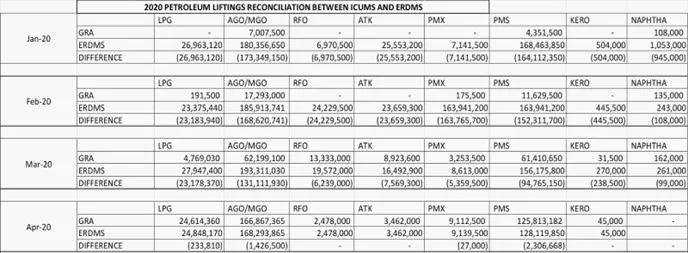
West Africa, home to some of the continent’s most prolific oil-producing nations such as Nigeria, Ghana, Côte d’Ivoire, and Senegal, continues to grapple with significant challenges in its petroleum sector.
Despite its vast reserves and potential for growth, the region faces structural, environmental, and economic issues that hinder sustainable development.
- Governance and Transparency Issues
Poor governance remains a major barrier. In countries like Nigeria, systemic corruption and opaque contract practices have eroded public trust and discouraged foreign investment. Revenue from petroleum often fails to translate into development due to mismanagement and a lack of accountability.
- Infrastructure Deficiencies
While West Africa exports billions of dollars’ worth of crude oil annually, its lack of refining infrastructure means it imports a large percentage of its refined petroleum products. This leads to higher costs for domestic consumption and limits job creation along the oil value chain.
- Environmental and Social Impacts
Oil-producing regions, especially the Niger Delta, suffer severe environmental degradation due to oil spills, gas flaring, and pollution. These environmental harms have caused health issues, destroyed livelihoods, and fueled social unrest in affected communities.
- Security and Political Instability
Pipeline vandalism, oil theft, and militant activities remain persistent threats in Nigeria, reducing production capacity and increasing operational risks. In other countries, political instability raises concerns about the reliability of long-term investments.

- Limited Local Content and Skills Development
Despite local content policies in places like Nigeria and Ghana, implementation is often weak. The petroleum sector continues to rely heavily on foreign expertise, with minimal investment in developing local human capital and technology.
- Dependence and Revenue Volatility
With economies heavily reliant on oil revenues, fluctuations in global oil prices expose West African nations to fiscal shocks. The 2020 oil price crash due to COVID-19 significantly impacted national budgets and highlighted the urgency of economic diversification.
- The Energy Transition Challenge
As the world shifts toward renewable energy, West Africa must rethink its reliance on fossil fuels. There’s growing concern that without strategic planning, the region could face stranded assets and reduced global demand for its oil.
Conclusion
To unlock the full potential of the petroleum sector, West African countries must strengthen governance, invest in infrastructure and skills, and prepare for a post-oil future. Coordinated regional policies, transparency reforms, and sustainable development strategies are essential to ensure that oil wealth benefits current and future generations.
By Abu Issa Monnie
The post Challenges facing the petroleum sector in West Africa first appeared on 3News.
Read Full Story
























Facebook
Twitter
Pinterest
Instagram
Google+
YouTube
LinkedIn
RSS